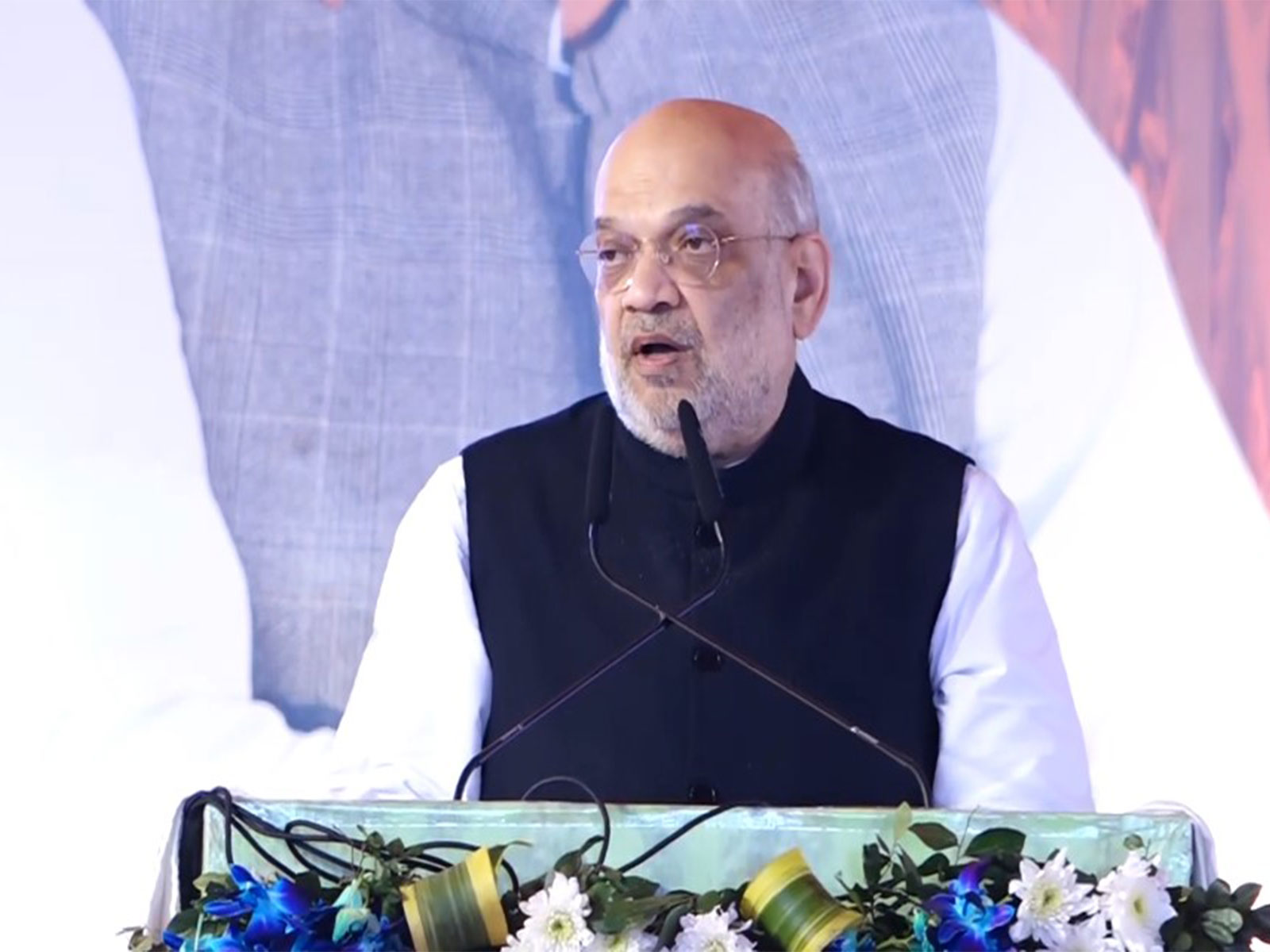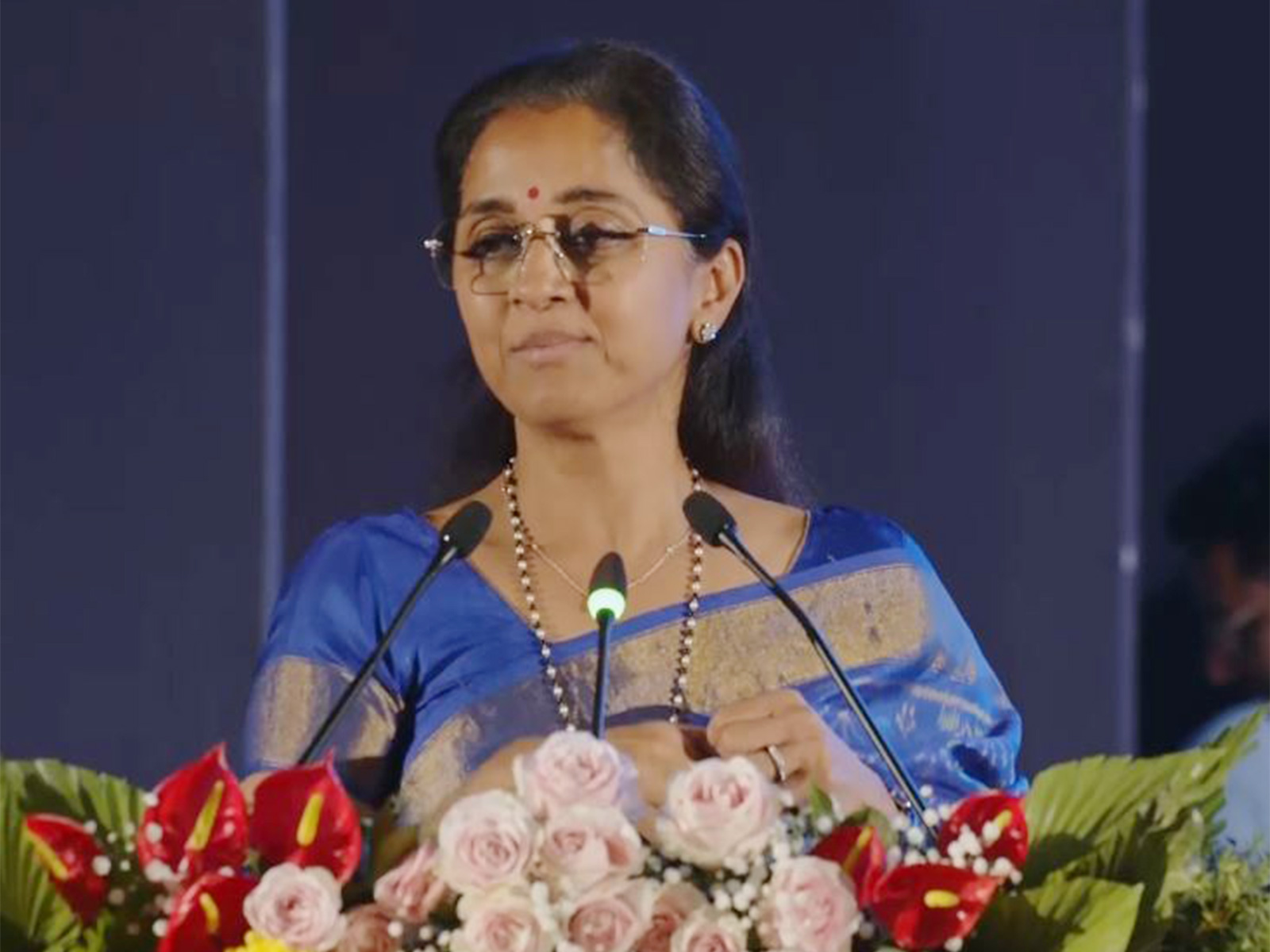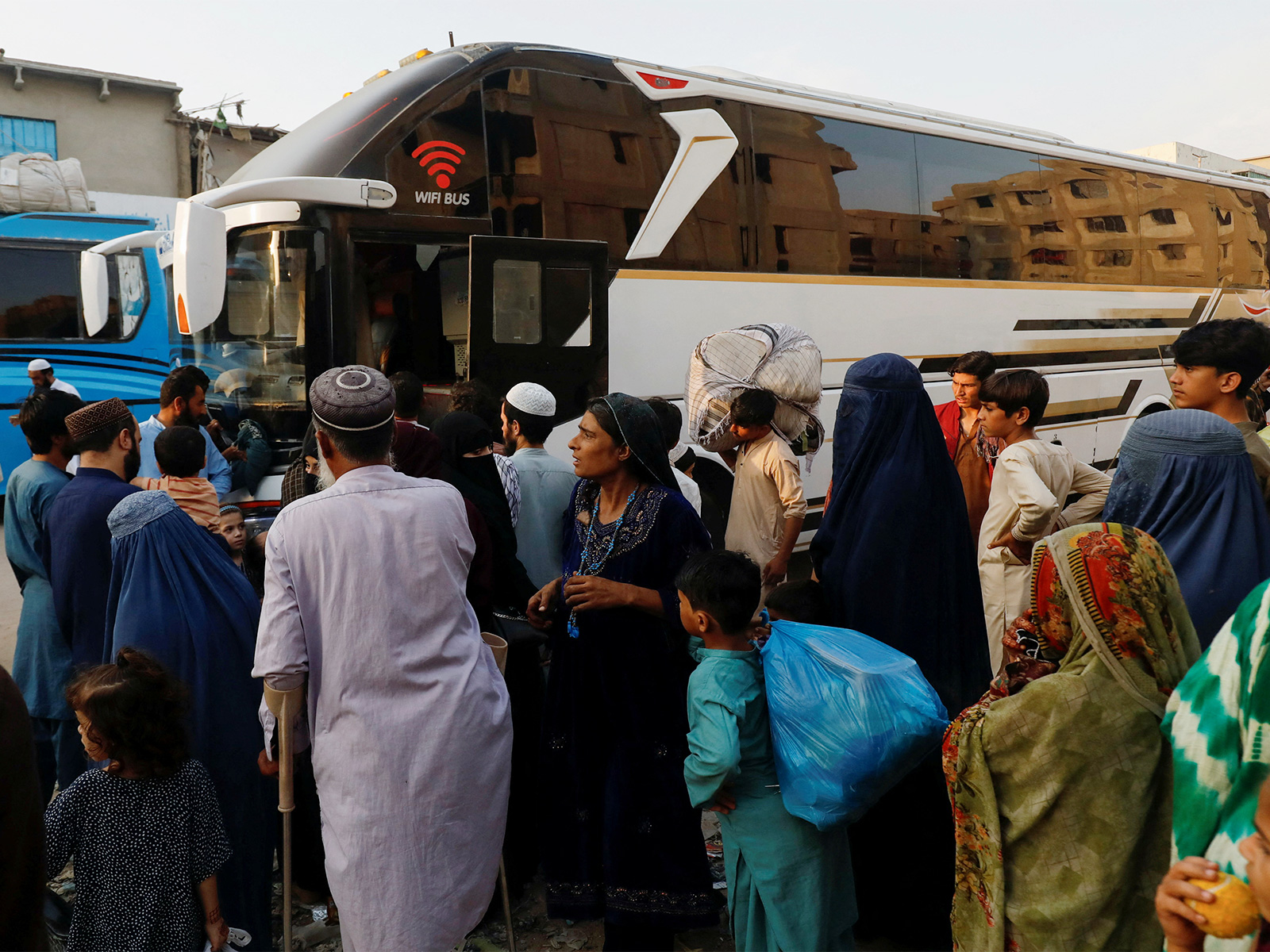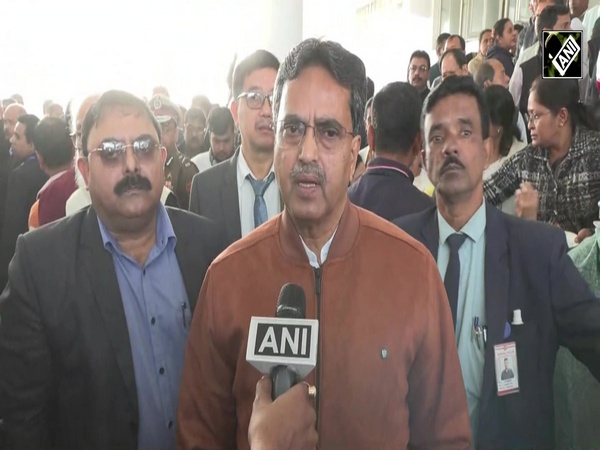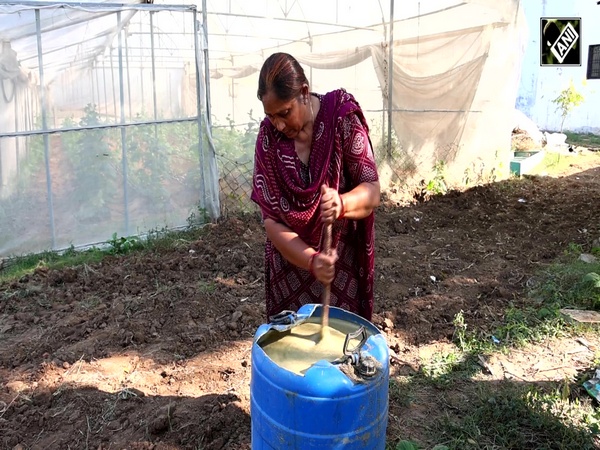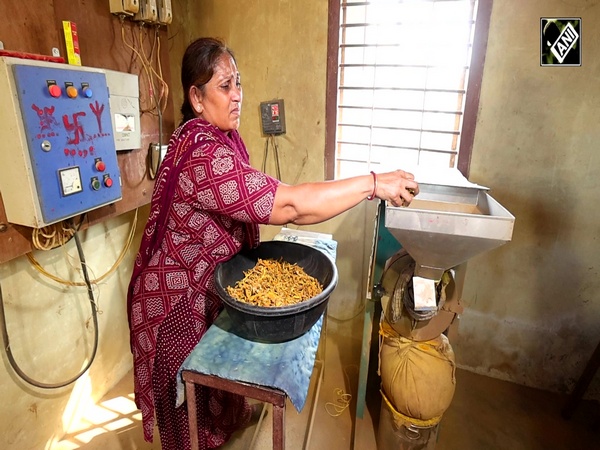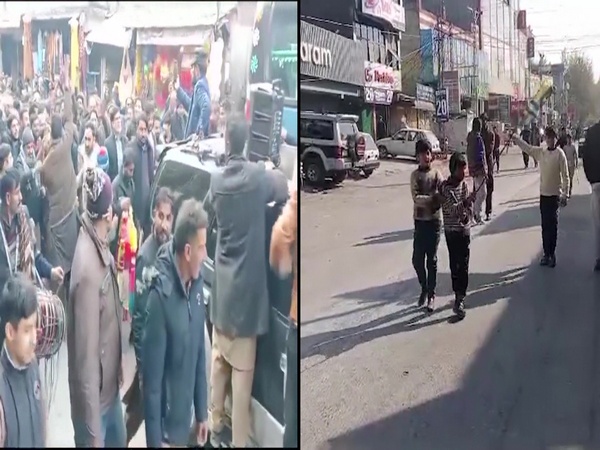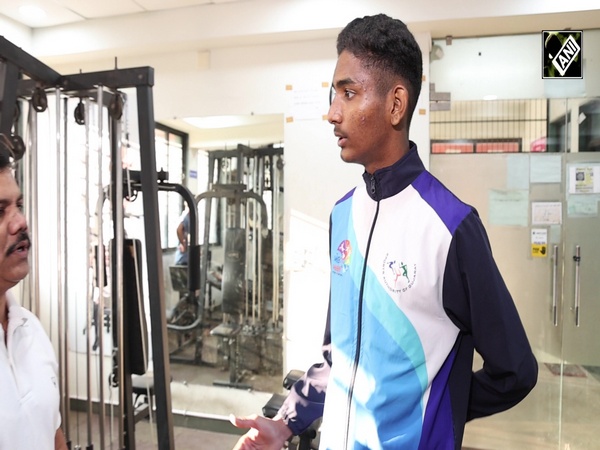National workshop on Jain manuscriptology held at Gujarat University
Jul 19, 2025
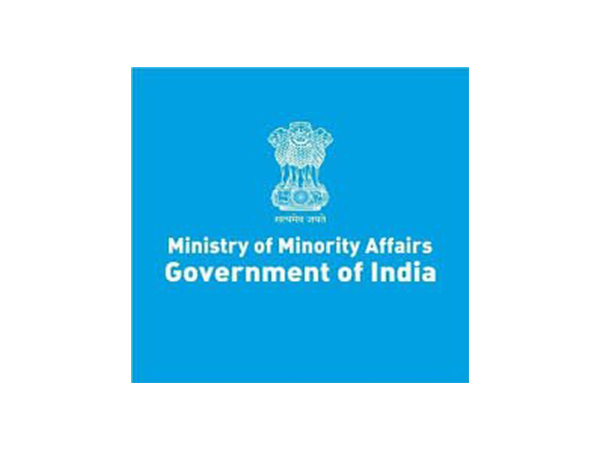
Ahmedabad (Gujarat) [India], July 19 : In an initiative highlighting India's civilizational depth and inclusive cultural policy, a National Workshop on the Significance of Jain Manuscriptology was held on Saturday at Gujarat University, Ahmedabad, under the aegis of the Department for Validation of Indic Knowledge through Advanced Research.
Funded by the Pradhan Mantri Jan Vikas Karyakram (PMJVK) of the Ministry of Minority Affairs, the workshop brought together distinguished scholars, Jain monks, academicians, and officials to explore and celebrate the profound intellectual and spiritual legacy embedded in Jain manuscripts, a release said.
The event was attended by Sunil Sagar Maharaj, a towering authority in Jain philosophy and Prakrit literature, whose presence and blessings deeply enriched the academic environment of the workshop.
Delivering the keynote address as Chief Guest, Chandra Shekhar Kumar, Secretary, Ministry of Minority Affairs, reaffirmed the government's unwavering commitment to the preservation, revival, and dissemination of traditional knowledge systems and minority heritage languages.
He was joined by Ram Singh, Joint Secretary, and Sravan Kumar, Deputy Secretary, who highlighted the Ministry's proactive outreach in promoting research and validation of ancient Indic traditions.
"The Government of India is proud to support initiatives that bring to light the vast and diverse intellectual traditions of our minority communities. Preserving these traditions not only honours our past but also strengthens the foundation for a culturally enriched future," said Kumar.
The workshop served as a testament to the government's strategic push to integrate ancient wisdom into contemporary educational and cultural frameworks, ensuring that traditional knowledge systems are not only conserved but also made accessible and relevant for future generations.
This is part of a larger vision under PMJVK to uplift and empower all six notified minority communities--Muslims, Christians, Sikhs, Buddhists, Parsis, and Jains--by supporting academic research and heritage conservation.
A similar initiative is already underway in collaboration with Mumbai University to preserve the Avesta and Pahlavi languages of the Parsi Zoroastrian tradition, further underscoring the government's inclusive and pan-Indian approach.
With institutions like Gujarat University playing a vital role, such collaborations are creating new academic pathways that bridge tradition and modernity, fostering pride, preservation, and progress among India's diverse communities.
